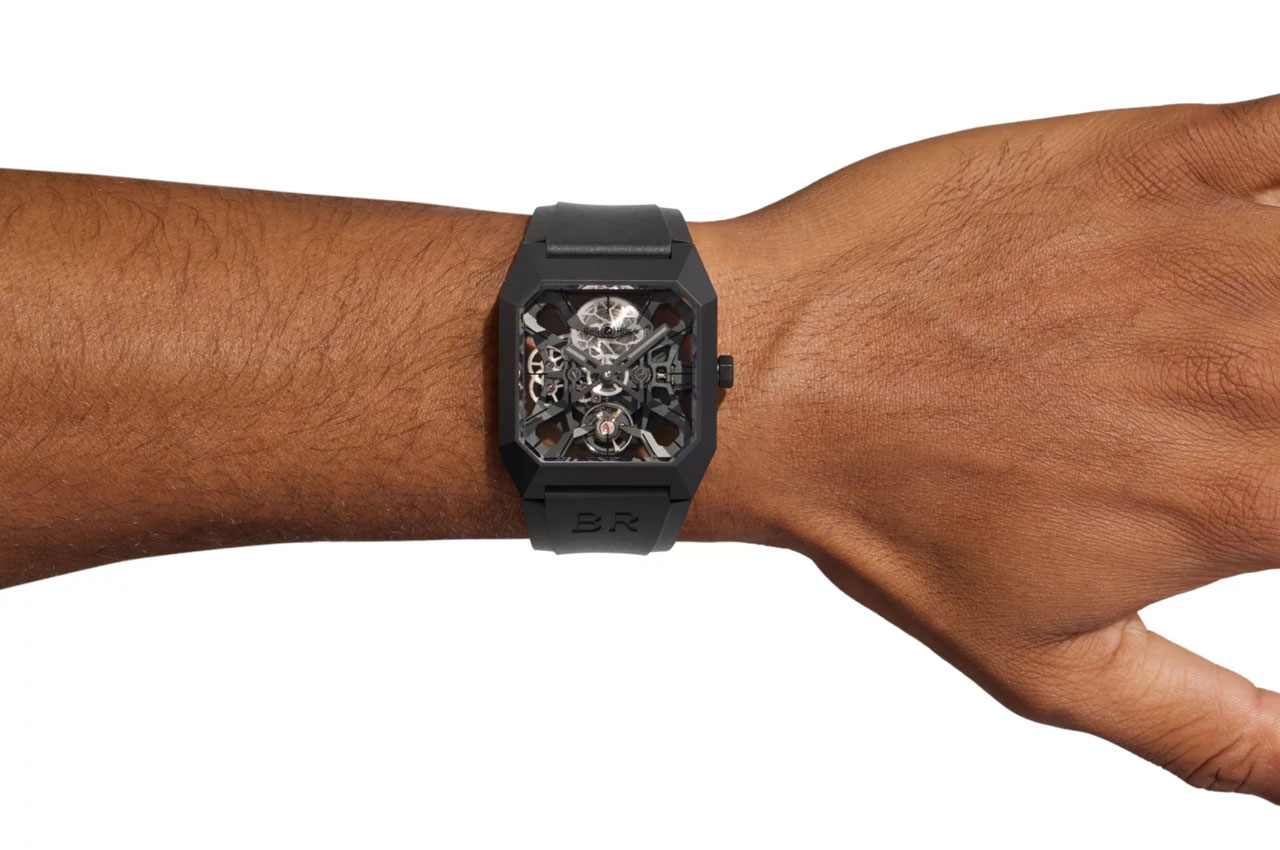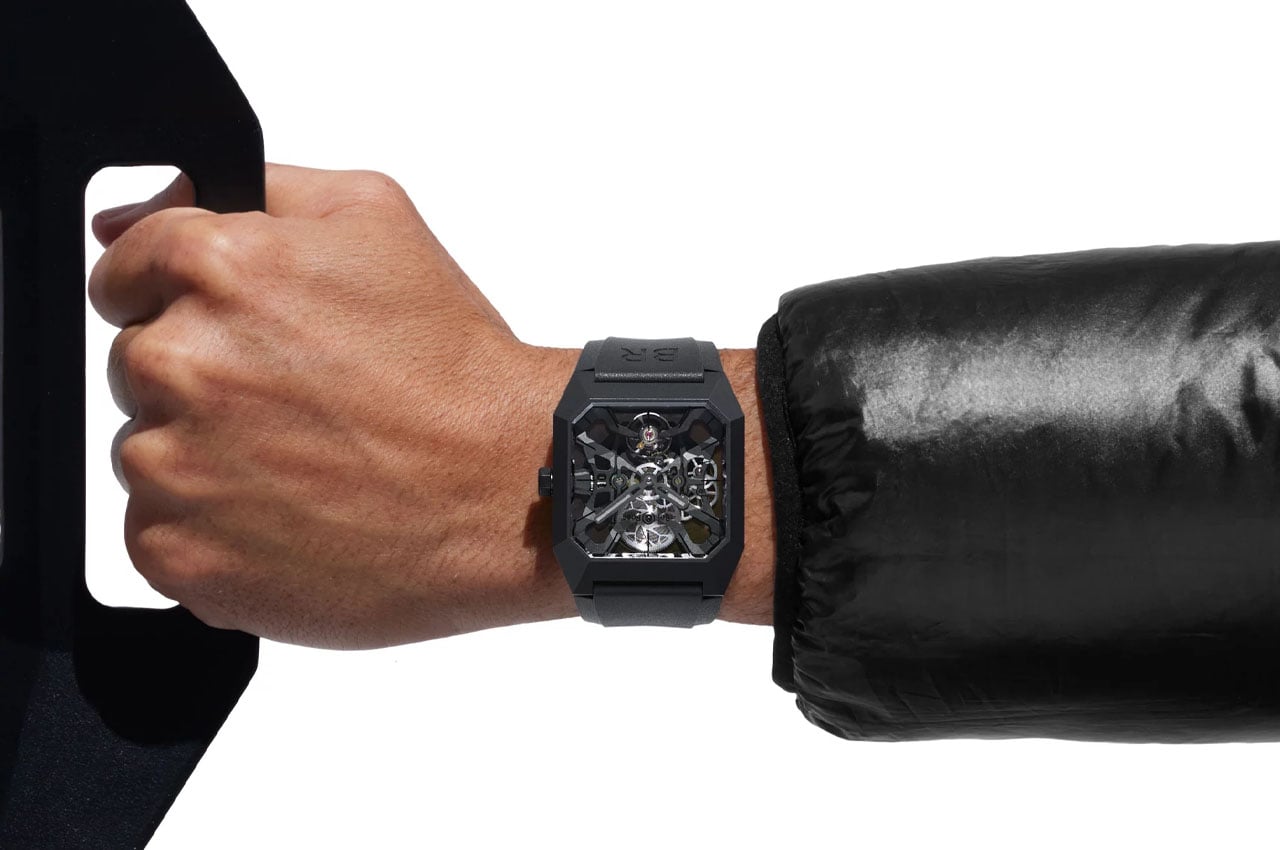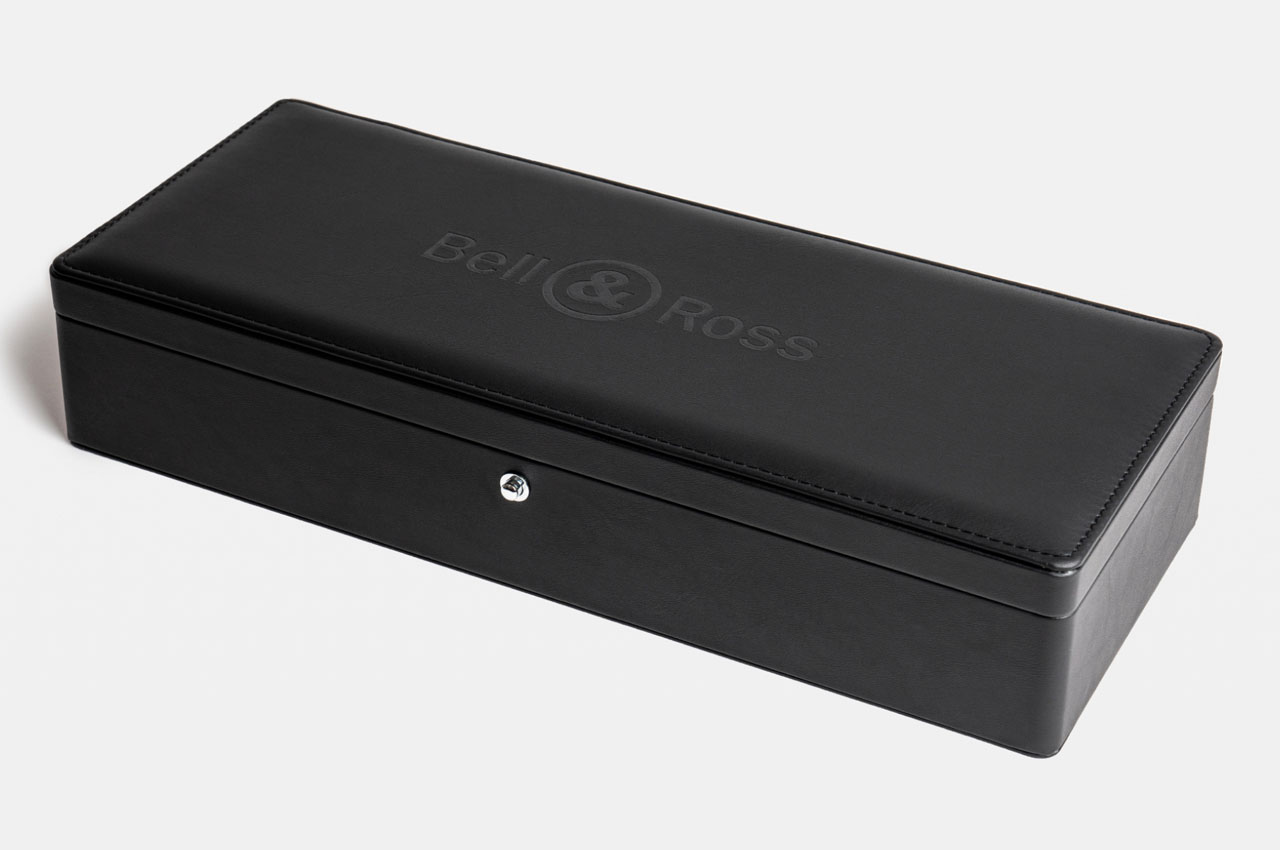Last year, the European Union implemented new laws to make big tech open up its platforms to competitors. The deadline for compliance is March, and all eyes were on how Apple, which is famous for not playing nicely with others, would react. Now the company has set out how it will comply with the law, and the result is the sort of malicious compliance everyone was expecting. Similarly, the reaction from the coalition of well-heeled critics who were all hoping to get a slice of Apple’s pie for free has been similarly predictable.
The Digital Markets Act
In 2023, the EU laid down a new regime to prevent big tech throwing all of its weight around in the bloc. The Digital Markets Act and Digital Services Act govern what it calls “gatekeepers,” the big platforms who get between users and businesses. That includes Meta, Alphabet, Apple, Amazon and (TikTok owner) ByteDance, who all have big user bases, deep pockets and a lot of power. One key provision of the law was to get platform holders like Apple and Google to open their systems and allow competing services, such as alternative app stores, a topic we covered in depth back in 2020.
On January 25, Apple published a statement explaining how the DMA would impact iOS, Safari and the App Store. The document is laced with references to how the law makes iOS less secure and that Apple needs to take steps to mitigate those risks. And while Apple does not say how much each part of its business makes specifically, the App Store is a key part of its services division which earned a combined $22 billion in its most recent quarter. Consequently, Apple will happily let you set up a competing iOS app store, but in order to do so, you will have to vault Mount Everest, dig a tunnel to the center of the Earth and front a million dollars in cash.
Okay, not quite that.
You can compete, but you won’t want to
The creators of a would-be rival app store can’t simply turn up and sell their wares without any oversight. It was obvious from the get-go that even if Apple did open up its platforms, no third party app store would be allowed to do an end-run around the company’s basic rules. If you were hoping to run Honest Doug’s App Store (Not A Scam) and take the world for a ride, then you’re out of luck.
Would-be rivals will still need to meet Apple’s Notarization requirements and have tight rules and moderation tools governing quality, piracy, fraud and payment disputes. (Notarization will mean these apps will be checked by Apple to look for “known malware”, with the ability to shut the app down if any is detected.) They will need key rules around data collection and to offer users the same level of control they enjoy in the App Store proper. Not to mention complying with the Digital Services Act, GDPR and a number of other acronym-heavy EU regulations around digital services and online privacy. Essentially, if you want to run your own App Store, you’ll need to do it to the same level that Apple does.
Apple has also said app stores need to ensure they can meet their obligation to pay app developers. In this case, it means sharing a letter from a top financial institution with proof they have access to a minimum of €1,000,000 (around $1.1 million) in credit. And to avoid third party app stores taking advantage of Apple’s platform without Apple benefiting, developers will need to pay a Core Technology Fee once an app has been downloaded more than a million times. This is a per-install fee of €0.50 (around 54 cents) which renews every 12 months the app is installed for. You can decide for yourself if this reminds you of Unity’s aborted Runtime Fee payment scheme.
At the present time, Apple charges developers either $99 or $299, depending on if they are for an individual or a company. Apple then takes a flat commission on any transaction, either to buy the app itself or with an in-app purchase. For small developers making less than $1 million per year, Apple takes a 15 percent cut, while bigger names pay 30 percent. There are exceptions, including “reader” apps which are downloaded for free and tie to subscriptions elsewhere. So far it's not clear under what circumstances the sideloading fees might be preferable (if ever) to the vanilla "Apple tax" through its proprietary storefront.
The expected response
Naturally, Apple’s statement and all of the explanatory detail in its developer notes was controversial. Its critics, many of whom feel that Apple has too much power over its platform, were incensed.
Epic Games CEO Tim Sweeney, who has previously sued the company about this matter, was quick to denounce the changes. He said the new rules were “a devious new instance of malicious compliance.” Adding that it is forcing app developers to pick between App Store exclusivity or an “anticompetitive scheme rife with new junk fees on downloads and new Apple taxes on payments they don’t process.”
The Coalition for App Fairness, a lobby group backed by Epic, Spotify and Match Group, was quick to support one of its biggest backers. Executive director and former Republican spokesperson Rick Vanmeter said Apple had “no intention” to comply with the DMA. And added the move was a “shameless insult to the European Commission and the millions of European consumers they represent,” and urged officials to reject the move.
Despite Sweeney’s personal objection and that of his lobbyists, Epic Games has already said Fortnite – which was pulled from the Apple Store when Epic deliberately violated Apple’s Terms of Service – will return to iOS. The company said it would launch its own Epic Games Store for iOS in 2024, through which it would distribute its own titles. It added in the announcement tweet it would continue to “argue to the courts and regulators that Apple is breaking the law.”
But it’s not just Apple’s well-heeled rivals who feel the company is thumbing its nose at the EU with these changes. Andy Yen, the founder of privacy service Proton, told Engadget that Apple’s compliance with the DMA is “done in bad faith,” and that the iPhone maker is “fighting tooth and nail to maintain its profits and monopoly." Yen added that the “strings attached to Apple’s new policies mean that in practice it will be impossible for developers to benefit from them.” And that the moves erode “the fundamental rights of users by giving Apple the ability to review apps downloaded outside the App Store.” He added that the “European Commission can’t let this blatant bending of the rules fly.”
But despite the chorus of calls demanding the European Commission to Do Something, the body hasn’t budged just yet. “We take note of Apple’s announcements ahead of the compliance deadline,” a commission spokesperson told Engadget “We do not comment on these announcements.” The spokesperson added they “strongly encourage designated gatekeepers to test their proposals with third parties.” And that these comments were “without prejudice to the Commission’s own assessment of these proposals.”
At the time of writing, there has not yet been a comment from any high-profile EU figures about the matter. European Commission President Ursula von der Leyen and Margrethe Vestager, who handles technology and competition matters, have been active on social media but not about this topic. Similarly, we are waiting to hear back from Deezer, who have both previously urged the European Union to act. Not to mention that, before Apple’s announcement, Spotify published its own announcement saying it will offer app downloads directly from its site.
Update, January 26 16:19 ET: Spotify has now shared its statement saying that Apple's proposals are a "total farce." It adds that the plan for alternative app stores is an "undesirable alternative to the status quo" which will punish successful developers for "their success."
This article originally appeared on Engadget at https://www.engadget.com/apples-rivals-arent-happy-about-its-eu-app-store-changes-160032585.html?src=rss












